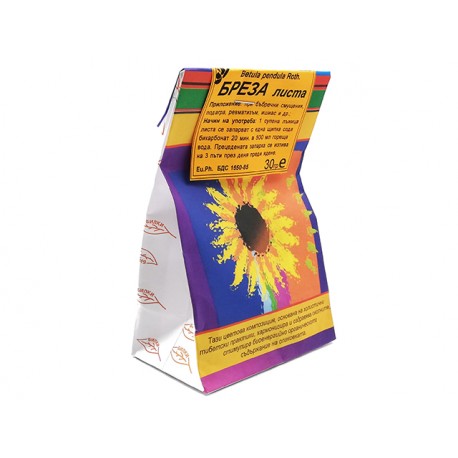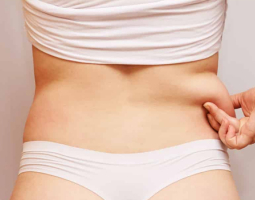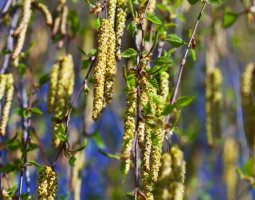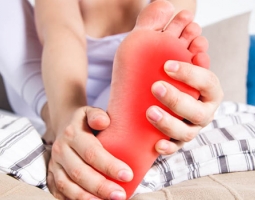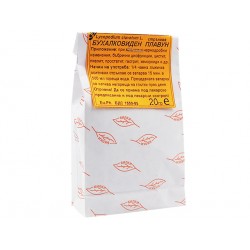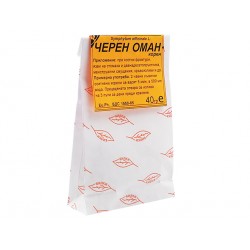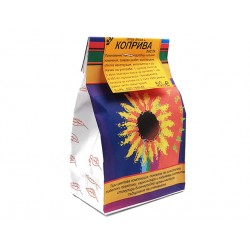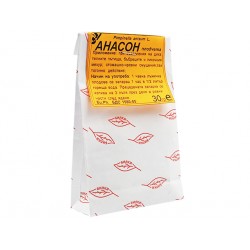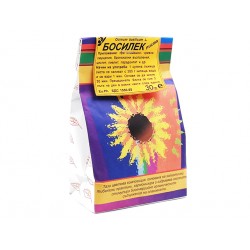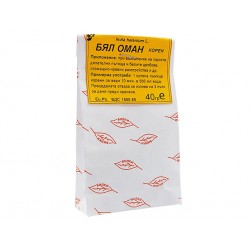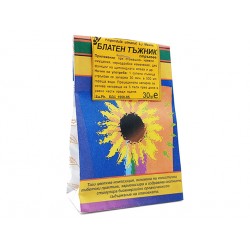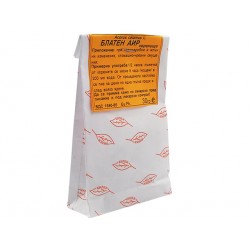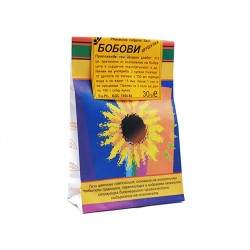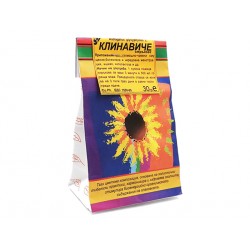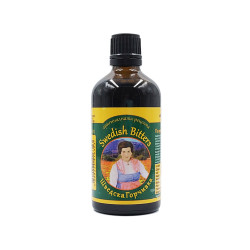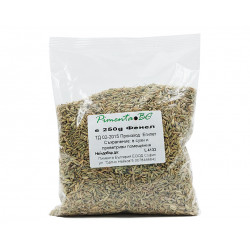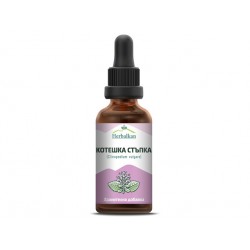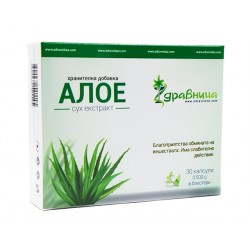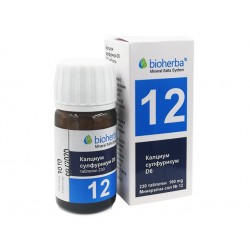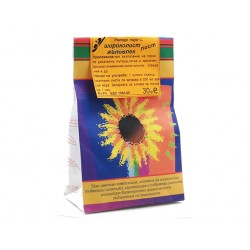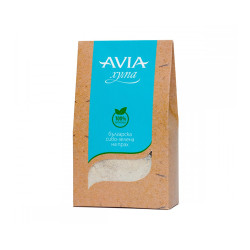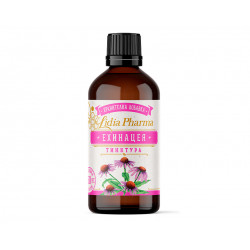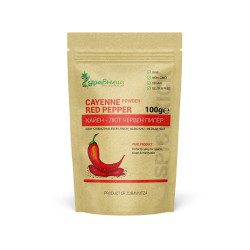Water retention, also known as fluid retention or edema, is a common issue that affects both men and women. It occurs when excess fluids build up in the body’s tissues, leading to swelling, heaviness, and discomfort.
* Find a product for a specific disease such as write his name (eg .: Diabetes)
No products
White birch (Betula pendula), dried leaves, bark or fruits, Bilkaria, 30/30/20 g
1,18 € / 2,31 лв
The leaves and bark of white birch can be used as an aid in gout, rheumatism and others. Birch buds act on kidney stones.
Package Quantity: 30 g / 30 g/ 20 g
Origin: Bulgaria
Ingredients: White birch - leaves, bark or fruits
Shipping Weight: 0.040 kg


Product information
White birch
Betula pendula
A tall tree or shrub, with a smooth, thin, white crust that peels on horizontal stripes. The young branches are right. The leaves are diamond or heart-shaped. Colors are same-sex. Male inflorescences are long. The fruit is a flattened nut, provided with two wings of wings. Blooms in spring.
It grows through forests, woodcuts and rocky places - in the area of coniferous and beech forests all over the country. It is also grown as a decorative plant in parks and gardens.
For medicinal purposes, leaves, leaf buds, and bark are used. The leaves are collected in June-September, when fully developed. Bumps and bark - in April and May, during the movement of the juices in the plant and before the bursting of the buds.
White birch - dried leaves, bark or fruits
White birch - leaves
Application: as an aid in renal disorders, gout, rheumatism, sciatica, etc.
Method of preparation: Add 1 tablespoon of the herb together with a pinch of baking soda in 500 ml of hot water and leave for 20 minutes. Strain and drink in 3 equal parts the day before meals.
White birch - bark
Application: as an aid in the lack of appetite, gout, rheumatism, eczema, etc.
Method of preparation: 2 teaspoons of the herb are boiled for 5 minutes in 500 ml of water. Strain and drink in 3 equal portions the day before meals.
White birch - fruit
Application: as an aid in edema of cardiac and renal origin, kidney and bladder stones, metabolic disorders, etc.
Method of preparation: Add 1 teaspoon of the herb in 500 ml of hot water and leave for 20 minutes. Strain and drink in 3 equal portions the day before meals.
Packing:
Leaves - 30 g
Bark - 30 g
Fruits - 20 g
Reviews
Related posts
Products in the same category
Customers who bought this product also bought:
-
 Wild licorice (Astragalus glycyphyllos L.), dried stalk, Bilkaria, 30 g
Wild licorice (Astragalus glycyphyllos L.), dried stalk, Bilkaria, 30 g 1,64 €
-
 Swedish Bitters - tincture, Maria Treben recipe, Bioherba, 100 ml
Swedish Bitters - tincture, Maria Treben recipe, Bioherba, 100 ml 3,32 €
-
 Fennel - seeds, Pimenta, 250 g
Fennel - seeds, Pimenta, 250 g 1,79 €
-
 Wild basil, herbal tincture, Herbalkan, 50 ml
Wild basil, herbal tincture, Herbalkan, 50 ml 6,14 €
-
 Aloe, dry extract, Constipation help, Zdravnitza, 30 capsules
Aloe, dry extract, Constipation help, Zdravnitza, 30 capsules 6,90 €
-
 Mineral salt №12, Calcium Sulfuricum D6, Bioherba, 230 tablets
Mineral salt №12, Calcium Sulfuricum D6, Bioherba, 230 tablets 3,68 €
-
 Broadleaf plantain (Plantago major L), dried leaves, Bilkaria, 30 g
Broadleaf plantain (Plantago major L), dried leaves, Bilkaria, 30 g 1,23 €
-
 Bulgarian green-gray clay powder, Avia, 250 g
Bulgarian green-gray clay powder, Avia, 250 g 2,76 €
-
 Echinacea, immunity support, herbal drops, Lidia Pharma, 50 ml
Echinacea, immunity support, herbal drops, Lidia Pharma, 50 ml 3,22 €
-
 Cayenne Red Pepper - powder, Zdravnitza, 100 g
Cayenne Red Pepper - powder, Zdravnitza, 100 g 2,60 €


